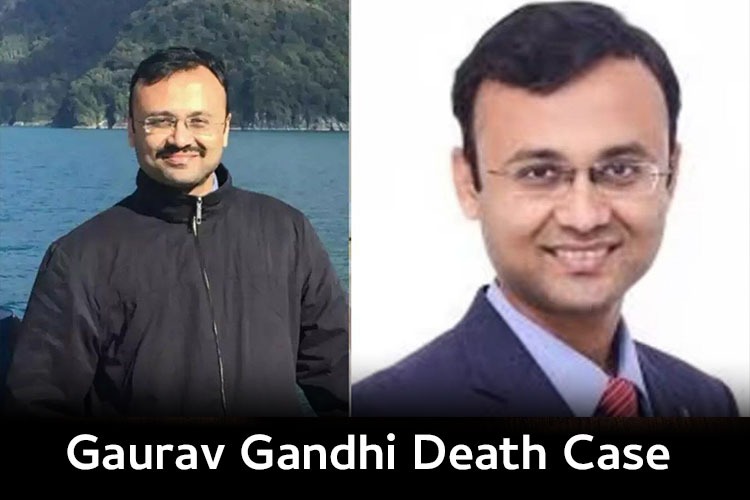What does Dr. Gaurav Gandhi's death, which occurred at the age of 41 despite a normal ECG, teach us about cardiologists?
He was youthful, physically active, working for close to 14 hours a day, a non-smoker, and a teetotaller, according to Dr. Saugata Chatterjee, professor of medicine at the MP Shah Government Medical College and a colleague of his.

On the morning of June 6, Dr. Gaurav Gandhi, a famous cardiologist in Jamnagar who was 41 years old, passed away from what is thought to have been a cardiac arrest. His death has rekindled concerns among young Indians about heart attacks because he exhibited no signs or recognised triggers and was entirely abnormal.
Dr. Gaurav Gandhi: A Healthy Lifestyle and Unusual Circumstances
He was youthful, physically active, working for close to 14 hours a day, a non-smoker, and a teetotaller, according to Dr. Saugata Chatterjee, professor of medicine at the MP Shah Government Medical College and a colleague of his. There was no evidence from his medical history that he could be more susceptible to a cardiac attack. He had no recent history of illness or COVID-19 either.
Appropriate Response of a Cardiologist Facing Symptoms
As a cardiologist, Dr. Gandhi's response was appropriate, according to Dr. Nandini Desai, medical director at GG General Hospital. He experienced chest pain about two in the morning on June 6 and went to Sharda Hospital to have an ECG. However, the cardiogram was unremarkable. So, believing it to be acidity, he took an injectable to treat it. After spending around 30 minutes investigating any discrepancies, he left the hospital and returned home. His wife discovered him on the bathroom floor after he passed out sometime around six in the morning.
Unremarkable Cardiogram and Tragic Outcome
Clinically, a cardiac arrest is thought to be the cause. But his heart did not exhibit any modifications that would have indicated a cardiac arrest. However, there is a very small window of time between the development of symptoms and his passing, and the heart won't change in that little time, according to science. They often arrive within seven hours.
Importance of Calcium Score Test for Individuals over 45
Take the calcium score test after
45, No intrusive treatment using dyes is required for this test; only a
straightforward CT scan will do. It gauges how much hardened plaque—which
causes heart attacks and strokes—is present in your arteries. Even if a high
score places you in the at-risk category, it does not guarantee that you will
suffer a heart attack right away. It provides a probability so that early drug
treatment and lifestyle changes can be implemented to reduce the likelihood of
such an occurrence, continues Dr. Singh.







